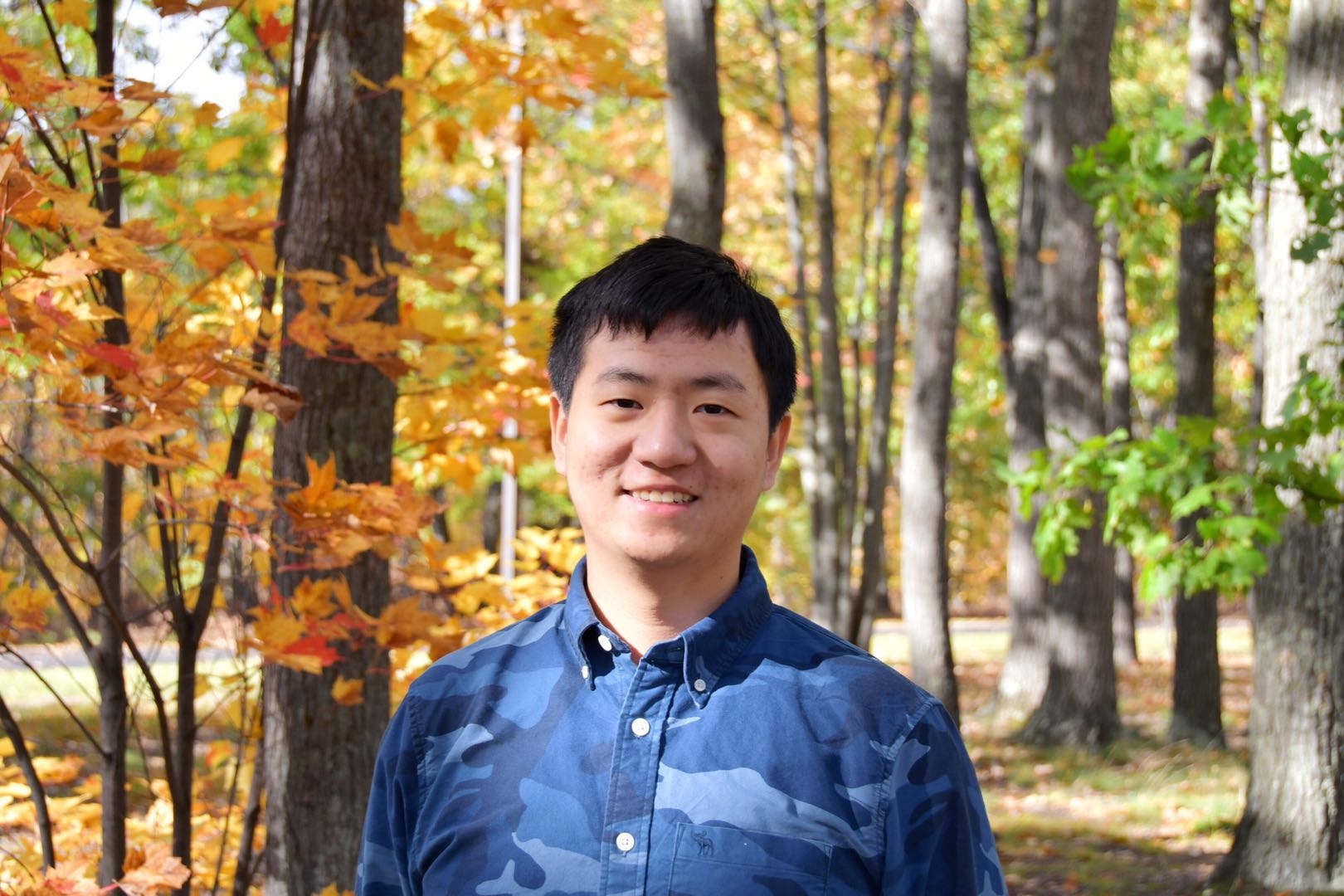
Dissertation Defense
Exciton transport properties and devices
This event is free and open to the publicAdd to Google Calendar

Passcode: 645976
The integration of electronics and photonics that primarily serve logic processing and long-range data communication respectively, remains a challenge at the chip scale. The arising field of excitonics presents the possibility of bridging the two technologies by providing a low cost, energy efficient integration. This is because excitons are bound electron-hole pairs that are much more effective at absorbing light and undergo the seamless transition to and from a photon. They are also capable of directionally transporting energy in space as demonstrated in the natural process of photosynthesis. At the same time, they can overcome the issues with Joule heating where parasitic capacitances significantly impede the electronic device performance and pose limitations to the clock speed. Excitonic switches emerge as a promising solution since excitons are charge neutral and hence do not suffer from capacitive losses.
This work systematically discusses the exciton transport properties and demonstrates excitonic devices based on atomically thin transition metal dichalcogenides (TMDs) monolayers. The first half of the talk focuses on our investigation of the fundamental physics of exciton transport under an equilibrium state as well as how non-equilibrium many-body effects affect exciton transport. Control over the transport using dielectric engineering and moiré engineering in TMD monolayers and heterostructures will be discussed. The second half of the talk will discuss excitonic devices for data communication and logical processing, including one-dimensional excitonic guides and excitonic switches.
Chair: Professor Parag B. Deotare
 MENU
MENU 
